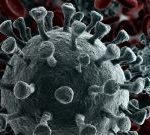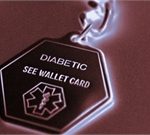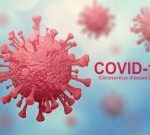
Even the sickest COVID-19 patients make T-cells to fight the infection, a new study finds. This means that a COVID-19 vaccine will have to cause the body to make T-cells along with antibodies, researchers say. The immune response to the SARS-CoV-2 virus, which causes COVID-19, was the same in American and Dutch patients in the study. “You want vaccine approaches to be grounded in observations from rather diverse settings to ensure that the results are generally applicable,” said study co-leader Alessandro Sette. He’s a professor and member of the La Jolla Institute (LJI) for Immunology’s Infectious Disease and Vaccine Center in La Jolla, Calif. Working with researchers in the Netherlands, his team followed 10 COVID-19 patients who had the most severe disease symptoms. All produced T-cells that worked with antibodies to try to kill the virus and stop the infection. The virus uses spike proteins to enter host cells and many studies are aimed at getting the immune system to recognize and attack this protein, according to an institute news release. Study first author Daniela Weiskopf, a research assistant professor at LJI, said, “This is good news for those making a vaccine using spike, and it also suggests new avenues to potentially increase vaccine potency.” The findings were published June 26 in the journal Science Immunology. More information For more on COVID-19, visit the U.S.… read on >























-300x200.jpg)













